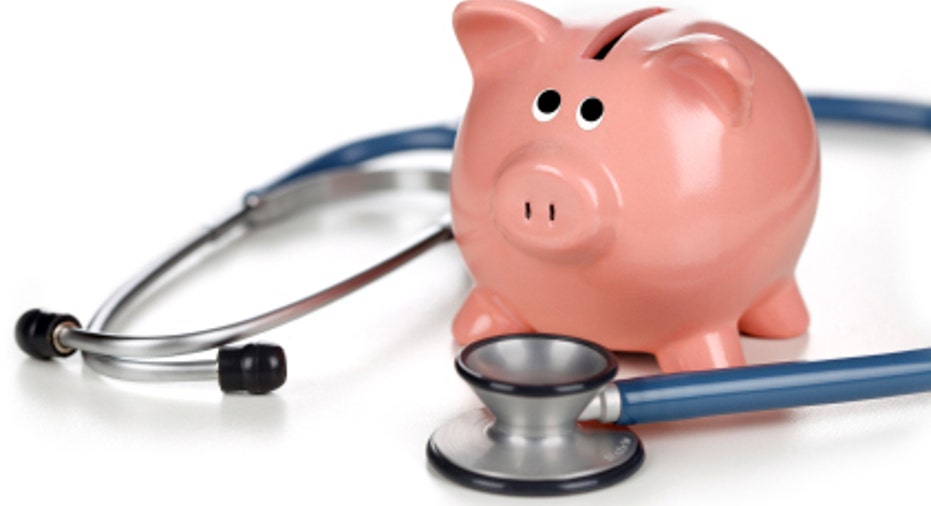Most of Us Aren't Taking Full Advantage of Our Health Plans

When it comes to health insurance, countless consumers are leaving benefits on the table—and that could mean they are spending more than necessary.
From preventive screenings to health coaches, there are a slew of services that insurers offer free or deeply discounted that people don’t take advantage of.
“Health plans value their members and need them to grow,” says Greg Pane, a former state health and Medicaid director. “There are a number of things for people in the plans.”
While the underutilized benefits will vary from one insurance provider to the next, these so-called “hidden benefits” are designed to reduce the overall cost of health care and insurers want clients to use them.
The Affordable Care Act mandated 10 essential benefits be included in every insurance plan, but according to experts, consumers don’t read their plans carefully to know what’s being offered. The most-overlooked benefits tend to fall under three categories: preventive, wellness and discounts.
The ACA requires many preventive services with the idea that if diseases and illnesses are caught before or in early stages, they will be less costly on overall health-care system.
According to Joe Mondy, a spokesman for Cigna Health Care, some of the free services that fall into the preventive bucket include annual checkups, flu immunizations, cholesterol tests and screenings for things like colon or breast cancer.
There are rules regarding some of the benefits including age and how many services policyholders can receive a year, but most insurance companies offer preventive care at no cost. With preventive care, employers, the government and insurers want people to take advantage of the free screenings, says Pane. “The powers that be want health plans to give good numbers [in terms of preventive care usage], and every year they fall short,” he says.
From the health and wellness perspective, Tanya Lewis-Walls, vice president, marketing, product and innovation at UnitedHealth Group, says many consumers don’t take advantage of services like creating a personal health record or undergoing a health risk assessment—both of which help consumers identify potential health risks.
She says lack of knowledge and a fear of finding out something is wrong prevents people from using these services. “There’s still a level of confusion and a lack of awareness,” she says. “Secondly, we’ve found there isn’t always perceived value in what the program or service delivers.” Some other free programs that many people overlook include help for quitting smoking, managing an illness or even accessing a health coach.
In addition to offering wellness and preventive screenings, Pane says health insurers are stepping it up when it comes to bringing care to their clients. For instance, he says many plans have a hotline people can call 24 hours a day, seven days a week that’s staffed with a nurse. He adds that some plans are creating apps for their members. “Plans are getting more sophisticated.”
Consumers often overlook discounts for products and services that pertain to their health and wellbeing. For instance, Cigna and UnitedHealth offer discounts for chiropractors, weight-loss programs and gyms or fitness centers. Mondy says Cigna even offers discounts on magazines focused on health or losing weight.
Some employers are getting creative with their workplace discounts: Mondy says some employers will pick up the cost of medication if an employee switches to a generic drug instead of the brand-name one because the cost savings is so great.
Experts say patients need to be their own advocates when it comes to their health care and not be shy about asking their employer and insurer about discounts and services.
“Pay attention to the kinds of messages delivered by your employer and what’s on your company’s Intranet,” says Lewis-Walls of health benefits. “Talk to your colleagues about how they manage health and what tools and resources work for them.”



















